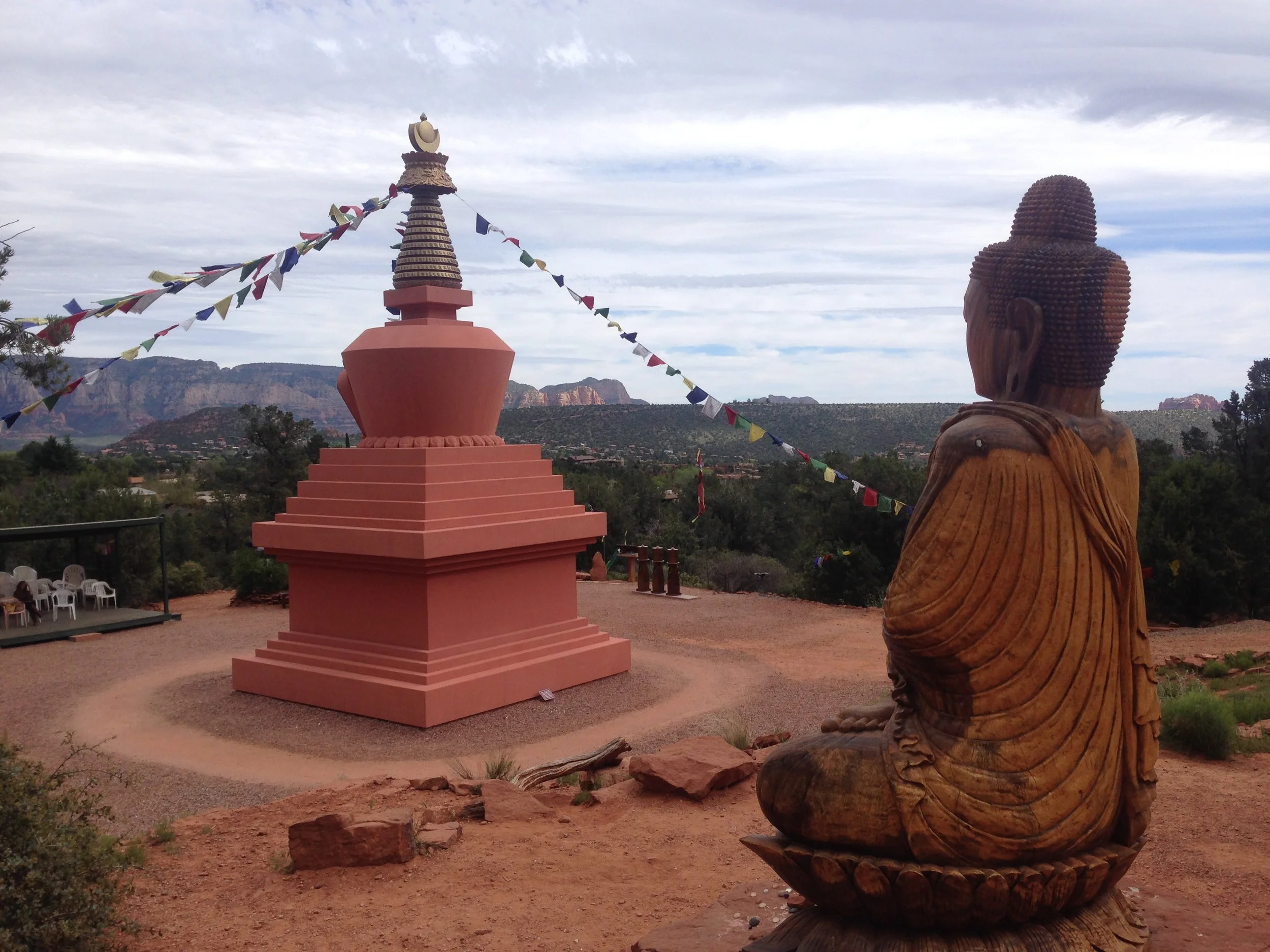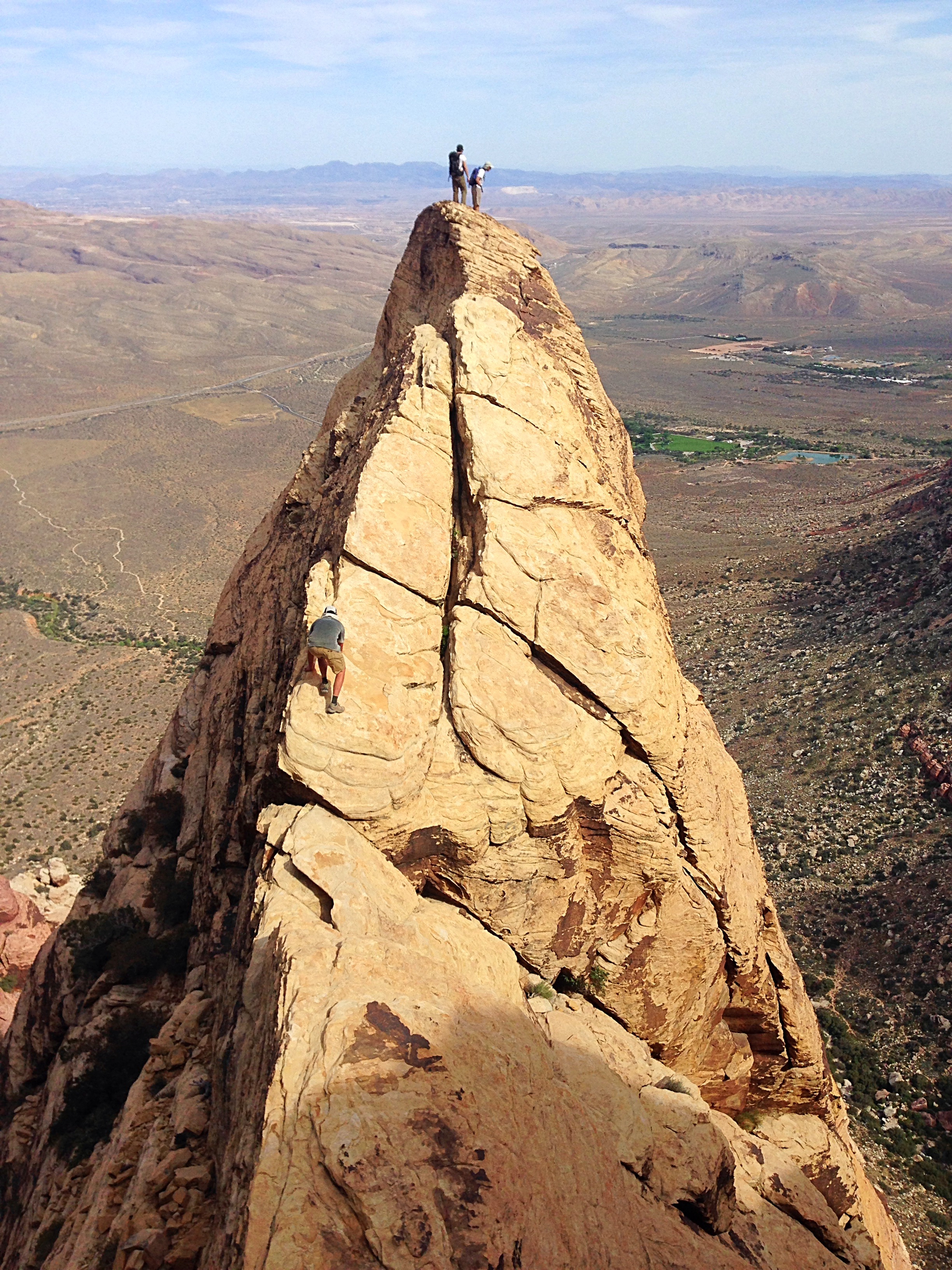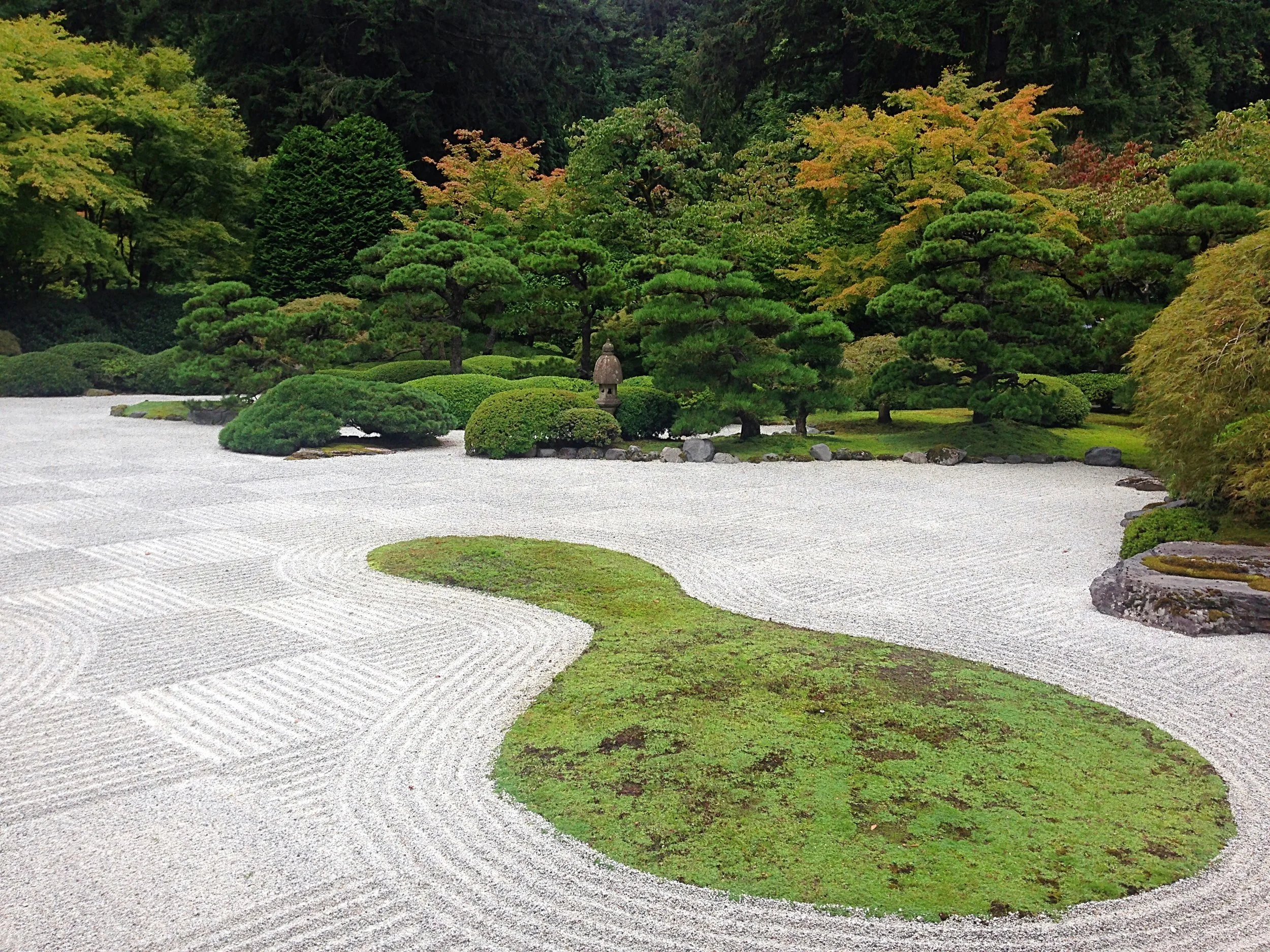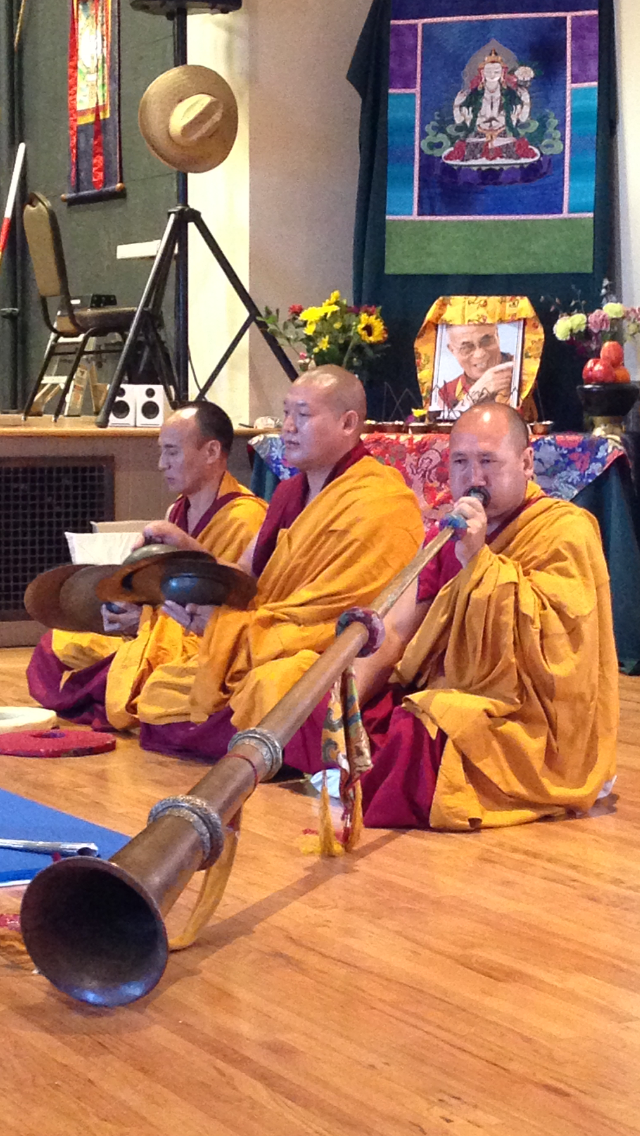"...it's okay to not be right all the time..."
Ajahn Karunadhammo
(from "Beginning Our Day, Volume 2")
Your Custom Text Here
"...it's okay to not be right all the time..."
Ajahn Karunadhammo
(from "Beginning Our Day, Volume 2")

"The teachings...are based on timeless principles: compassion, goodwill, harmony, cooperation and wisdom. To the modern cynic, they may seem idealistic, but they are not impossible. They can be put into practice."
Phra Dhammapitaka
(from "A Constitution For Living")


"Here is the path -- walk on it."
-Ajahn Chah

The usual morning fog in Santa Barbara yesterday seemed likely to obscure our view of the eclipse. But alas, at a critical moment it cleared and allowed a view of the event.
Similarly, our minds are so often fogged-in by thoughts of the past and the future. It's when we learn to clear the mind that the hidden wonders of the present moment can be known.

Today is a new moon uposatha. It is a good opportunity to set aside time to deepen our practice--to watch our breath, to bring awareness into our life, to try to let go of the things to which we cling.

"If a conversation is heading in the wrong direction, then one needs to be able to stop it, change direction, or skillfully withdraw if necessary. We can then move toward establishing speech that is not only well expressed but also grounded in kindness and an interest in supporting the welfare of the whole community."
Ajahn Karunadhammo
(from "Beginning Our Day, Volume 2")

"The wise person understands that all beings are the 'owners of their kamma'."
Ajahn Jayasaro
(from "Without and Within: Questions and Answers on the Teachings of Theravada Buddhism")

"We can be free of all suffering and unsatisfactoriness, just by changing this one point: our habitual world view, our way of thinking and feeling."
-Ajahn Chah

"We do not need to stress out over external things which may seem important but in reality are insignificant. The external world is a mere trifle compared to our internal development."
Ajahn Naniko
(from "Beginning Our Day, Volume 2")

namo tassa bhagavato arahato sammasambuddhassa
namo tassa bhagavato arahato sammasambuddhassa
namo tassa bhagavato arahato sammasambuddhassa

"Over there are the roots of trees; over there, empty dwellings. Practice jhana, Ananda. Don't be heedless."
-Anenja-sappaya Sutta

"Giving space is one of the best things we can do for people. It's noble."
Ajahn Yatiko
(from "Beginning Our Day, Volume 2")

"...I've never seen any rich people in the world. All I've seen is people who don't have enough."
-Ajahn Chah

"Look at the roof and the floor here. The upper extreme is the roof, that's an 'abiding'. The lower extreme is the floor, and that's another 'abiding'. But in the empty space between the floor and the roof there's nowhere to stand. One could stand on the roof, or stand on the floor, but not on that empty space. Where there is no abiding, that's where there's emptiness, and Nibbana is this emptiness."
Ajahn Chah
(fabric thangka by Leslie Rinchen-Wongmo)

"... even if we understand the Four Noble Truths in principle, nothing significant will result if we keep those teachings in our heads as mere abstractions. That would be using the wrong method, because the most essential bit is missing: bringing the Noble Truths into our practice."
Luang Por Pasanno
"Beginning Our Day, Volume 2"

"The lives of all living beings--ours or anyone else's--are of equal worth. Each animal's life is of equal worth with the life of a human being, for if life is taken away from an animal, it can no longer remain an animal."
Luangta Maha Boowa Nyanasampanno
"Samana"

"No matter how close you are with someone, don't let your speech become careless. No matter how frustrated you are, don't let your speech become angry."
Mae Chee Kaew
("Mae Chee Kaew: Her Journey to Spiritual Awakening & Enlightenment")

His Holiness the Dalai Lama reminds us that our attachment to outcomes brings much suffering into our lives.

Today is a full moon uposatha day. The full moon uposatha is considered the most auspicious of the (usually) four lunar observance days occurring each month. The other three observance days are the new moon and the two half moons.
In "Beginning Our Day, Volume 2," Ajahn Amaro shared the following thoughts to the community of Abhayagiri Buddhist Monastery:
"The purpose of our weekly Observance Day is to put our usual daily tasks down and focus on the precepts and the formal spiritual qualities of our life...It's a time to remember the possibility we have as human beings to let go of all confusion, delusion, aversion, greed, and self-centeredness. It's a time for renewing our motivation and to begin again fresh. ...We're remembering our priorities and helping to clarify the central principles of our lives."

"I have never done much studying. After I ordained, my teacher took me as a wandering monk into the mountains and forests. I learned Dhamma from the trees and grasses, the rivers and the streams, the cliffs and the caves. I learned it from the sounds of birds and wild animals, from the natural environment around me."
-Ajahn Mun

1251 Orchid Dr.,Santa Barbara,CA 93111